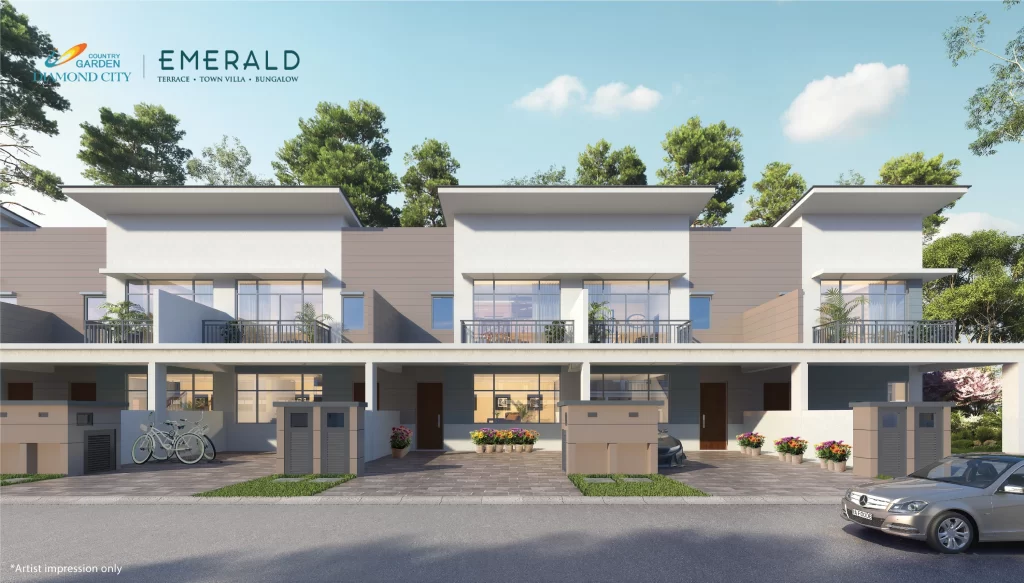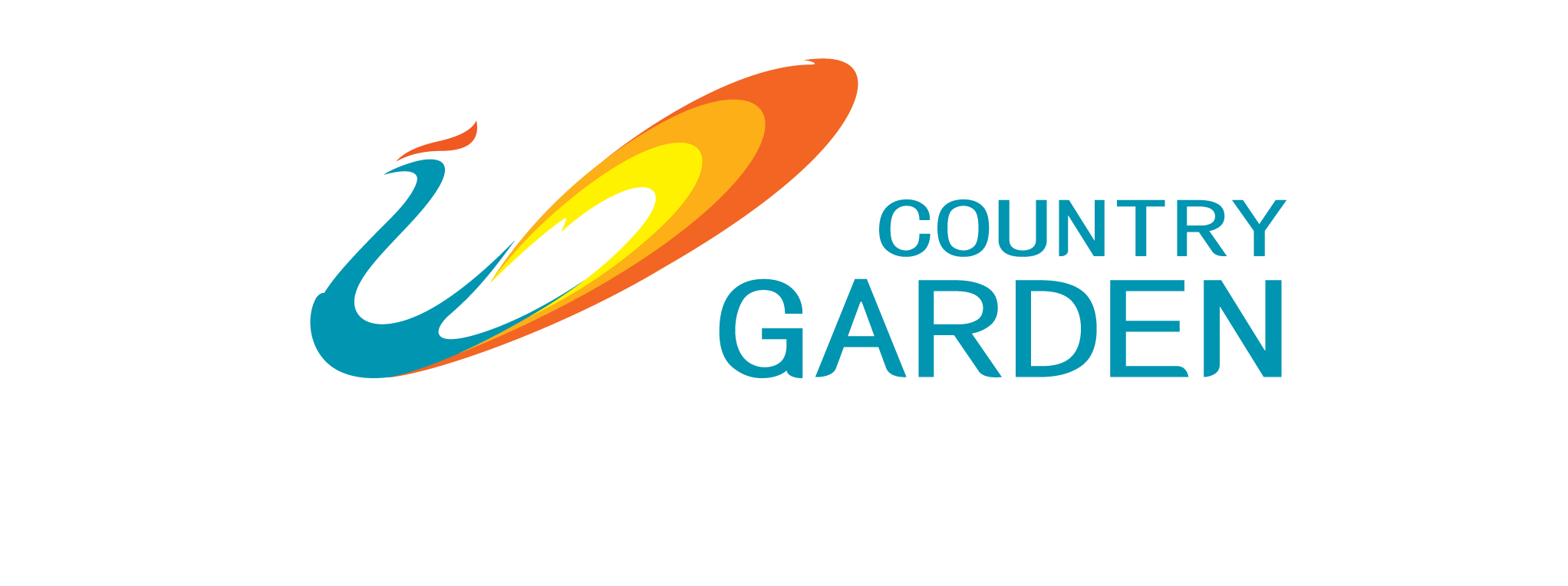
When purchasing a home in Malaysia, getting to know the differences between a freehold house and a leasehold house is important for making a decision that matches with your financial and long-term plans.
Each type of property comes with unique benefits, limitations, and considerations that influence not only your homeownership experience but also the property’s value and usage over time.
Understanding Freehold House Ownership
A freehold house grants full ownership of the property and the land on which it sits, with ownership lasting indefinitely. This appeals to buyers who seek full autonomy and control over their property.
✨ Key Advantages of Freehold Houses
1. Indefinite Ownership
Freehold ownership means permanent rights to the land and property, which can be appealing for those who value stability and a long-term investment.
2. Flexibility with Renovations
Freehold owners generally enjoy greater flexibility to modify their homes, which can be beneficial for those wanting to personalize or upgrade their space. However, some neighborhoods or municipalities in Malaysia may still require permits for major changes, even for freehold properties.
3. Potentially Higher Resale Value
Due to their indefinite ownership, freehold homes tend to be desirable in the Malaysian real estate market, often making them more attractive to future buyers.
Considerations for Freehold Houses
Freehold houses come with full maintenance responsibilities and usually a higher purchase price. Homeowners must budget for property upkeep, including repairs and landscaping, without external assistance.
✨ What to Know About Leasehold House Ownership
A leasehold house provides ownership for a fixed period, typically 30 to 99 years, depending on the lease. Once the lease period ends, the property reverts to the state unless a lease renewal is arranged, often involving fees. Leasehold properties can offer a more affordable entry point into homeownership, particularly in desirable locations.
✨ Key Advantages of Leasehold Properties
1. Affordability
Leasehold properties are generally more affordable than freehold houses, which offer a cost-effective option for buyers with budget considerations.
2. Access to Prime Locations
In Malaysia, leasehold properties are often available in high-demand areas, allowing owners to enjoy favorable locations and amenities without the premium price associated with similar freehold properties.
3. Shared Maintenance in Managed Developments
Leasehold properties in managed developments, such as condominiums or gated communities, often come with shared maintenance handled by a management corporation or joint management body (JMB). This can ease the upkeep burden for homeowners, though service charges may apply.
✨ Considerations for Leasehold Houses
With leasehold properties, owners may encounter limitations on modifications, particularly if the property is within a managed development. Additionally, lease renewal fees may apply when the lease is close to expiring, potentially affecting long-term ownership costs.
Financial Implications: Freehold vs. Leasehold Costs
In Malaysia, freehold homes generally involve a higher initial investment due to the added value of perpetual ownership. However, they provide potential savings over time by avoiding lease renewal fees and other charges typically associated with leasehold properties.
Leasehold properties may start with lower purchase prices, but lease renewal fees can significantly impact overall affordability, especially as the lease nears expiration. These costs, along with potential service charges in managed developments, should be considered based on each buyer’s long-term financial goals.
1. Resale Value and Market Demand
Both freehold and leasehold properties have their own market appeal in Malaysia. Freehold houses are often attractive to buyers for their permanence, making them easier to sell, especially in stable property markets. However, leasehold properties in prime locations, such as Kuala Lumpur, can also hold strong resale value as long as the lease term remains substantial. Properties with shorter leases might see reduced demand unless the lease is renewed, as buyers consider the costs associated with renewal.
2. Customization and Renovation Flexibility
In Malaysia, freehold ownership typically allows homeowners more freedom with property modifications, as long as they comply with local council or neighborhood regulations. This can be ideal for those looking to personalize or enhance their space.
Leasehold properties, particularly those in managed developments, may have restrictions on renovations, especially for structural or exterior changes. Homeowners should be aware of these conditions, as they can limit customization options for buyers wanting extensive modifications.
Choosing Between Freehold and Leasehold: Key Considerations
The choice between a freehold house and a leasehold house in Malaysia ultimately depends on individual goals and financial priorities. Freehold ownership offers stability and flexibility, while leasehold properties provide affordability and access to prime locations. Consider the following factors when making a decision:
1. Budget and Initial Investment
Freehold homes require a larger initial investment, whereas leasehold properties can provide a more affordable entry point, particularly in high-demand locations.
2. Long-Term Ownership Goals
For those looking for a stable, lasting investment, a freehold house might align better with their goals. Leasehold properties, however, may suit individuals who prioritize flexibility and may consider relocating in the future.
3. Renovation and Customization Needs
Freehold houses typically allow more renovation freedom, while leasehold properties might have restrictions, especially in managed developments.
4. Location Preferences
Leasehold properties are often available in prime urban areas, making them appealing for buyers who prioritize accessibility to city amenities. Freehold houses, by contrast, are commonly found in suburban and rural areas, ideal for those seeking a quieter environment.
5. Resale Potential
Freehold homes generally maintain strong resale value, while leasehold properties in prime areas can also attract buyers, as long as the lease term is sufficiently long.
6. Maintenance Responsibilities
Freehold owners handle their own maintenance, while leasehold properties in managed developments often share these responsibilities, though additional service charges may apply.
Final Thoughts
Both freehold and leasehold properties offer unique advantages depending on ownership goals, financial considerations, and lifestyle needs. Freehold homes may appeal to those looking for lasting ownership, while leasehold houses provide affordability and flexible location options.
If you’re exploring quality property options, CG Diamond City in Semenyih offers a selection of thoughtfully designed homes in a thriving community. With modern amenities and a focus on community living, this development caters to different preferences. Discover your ideal home here.
